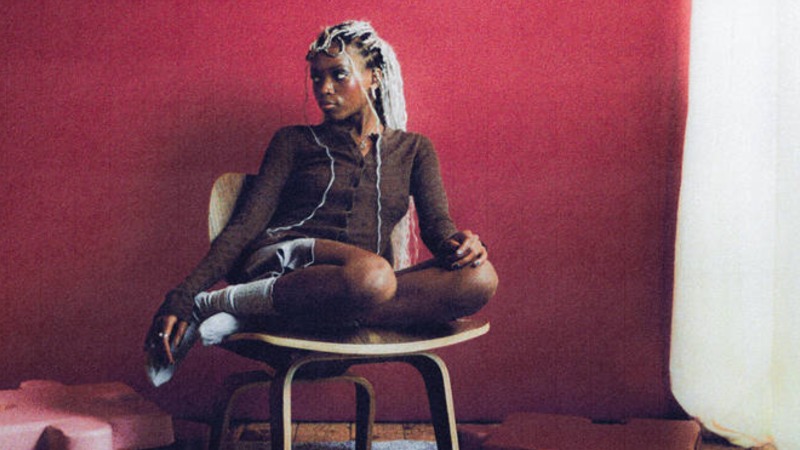Hannah Jadagu’s Describe Breaks Up With Simple Classifications
Jadagu mixes a blunt confessional quality with ethereal vocals and a broader sound range on her second album, foregrounding her guitar work against an electronic backdrop that calls to mind the work of artists like Björk.

It doesn’t make a lick of sense that lovesickness and idyll make comfortable bedfellows, but all the same, it’s true: time for easygoing pleasures means time for hearts to keen for what they’re missing. Hannah Jadagu set her star rising with her 2023 debut, Aperture, but career success comes at a price that varies in its details and sum total, depending on the person. Call it a “toll” in Jadagu’s case. Going away for work, even when the work is good and the travel necessary, strains a relationship; whether to a breaking point or not, that pressure leaves an impression.
-

-

-

-

-

-

-

-

-

-

-

-

-

-

-

-

-

-

-

-

-

-

-

-

-

-

-

-

-

-

-

-

-

-

-

-

-

-

-

-








































